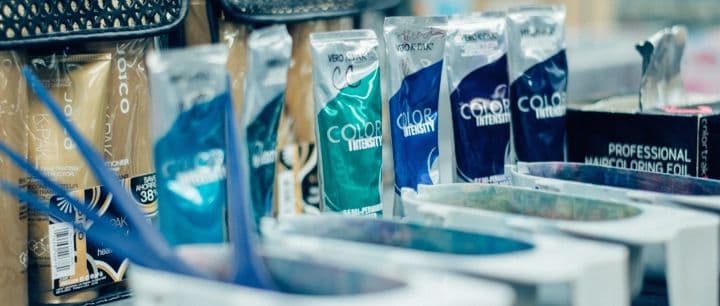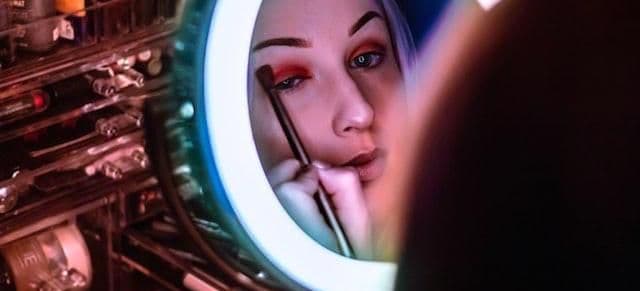Hair Coloring During Pregnancy: Is It Safe?
Lifestyle and Beauty
Obie Editorial Team

Haircare and hair dye products include a number of diverse chemicals. Each product is different, so if you are pregnant it is vital to read the list of ingredients carefully before choosing a certain product.
Is it safe to dye your hair while pregnant?
Chances are that it's safe to color your hair during pregnancy. But there is no simple answer to this question, and the truth is we can't be 100% sure it's safe. Some doctors say it's OK, while others are more cautious.
- Hair curling products typically contain keratin-reducing compounds and a wave-forming agent (often a carboxylic acid or salt of an unsaturated hydrocarbon). An oxidizing agent is used to set the curl.
- Hair straighteners may contain sodium or potassium hydroxide or a combination of calcium hydroxide and guanidine carbonate. Bleaching color from hair typically involves the use of hydrogen peroxide.
- Some hair coloring products contain lead acetate, which forms black insoluble lead sulfides when the lead in this compound combines with the available sulfhydryl groups in hair. When used as directed, the lead exposure from these products has been estimated to be about 0.5% of the daily amount of lead absorbed from food and air and in one review it was concluded that this use of lead acetate does not adversely affect fetal or postnatal development.
It is unknown what, if any, effect on pregnancy many of the chemicals have because teratogenicity (causing damage to a fetus) testing in these products has not usually been reported. In the work that has been done, some compounds, such as aminophenol, were not teratogenic when tested in rats. In contrast, some hair dye preparations have been associated with birth defects in mice. It should be remembered that testing typically involves feeding large amounts of the test substance to the animals. The extent to which these results are predictive of effects from topical exposure in the human is unknown.
A questionnaire study of women with cosmetology licenses identified an increase in spontaneous abortion among those who worked long hours, particularly applying bleaches and permanents. Exposure to formaldehyde-based disinfectants was also associated with an increase in miscarriage suggesting an approximate doubling of risk. Additional epidemiology studies have produced data both positive and negative regarding the use of hair care chemicals or work in cosmetology and adverse pregnancy outcomes.
A recent 2019 study showed that chemicals in hair products could increase the risk of breast cancer.
Here are some tips for dying your hair while pregnant:
- Wait to color your hair until after the first trimester
- Avoid processes that involve scalp contact
- Try a temporary color
- Opt for highlights
- Even vegetable dye is not necessarily safe
- Don’t expect too much of your hair color during pregnancy
Read More










